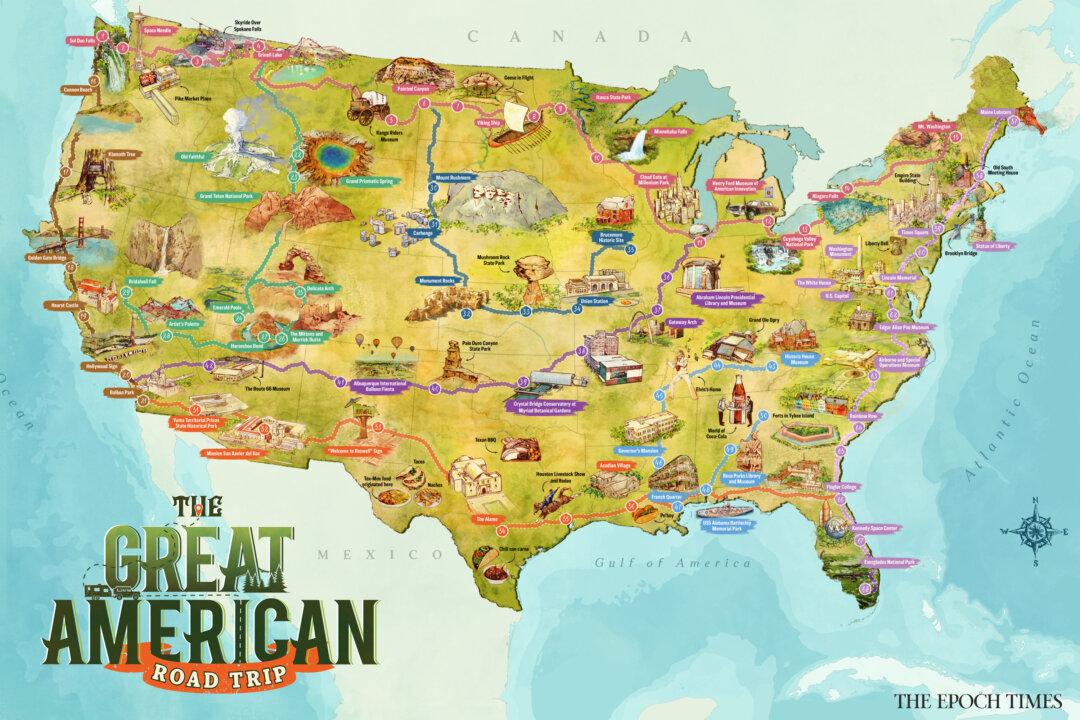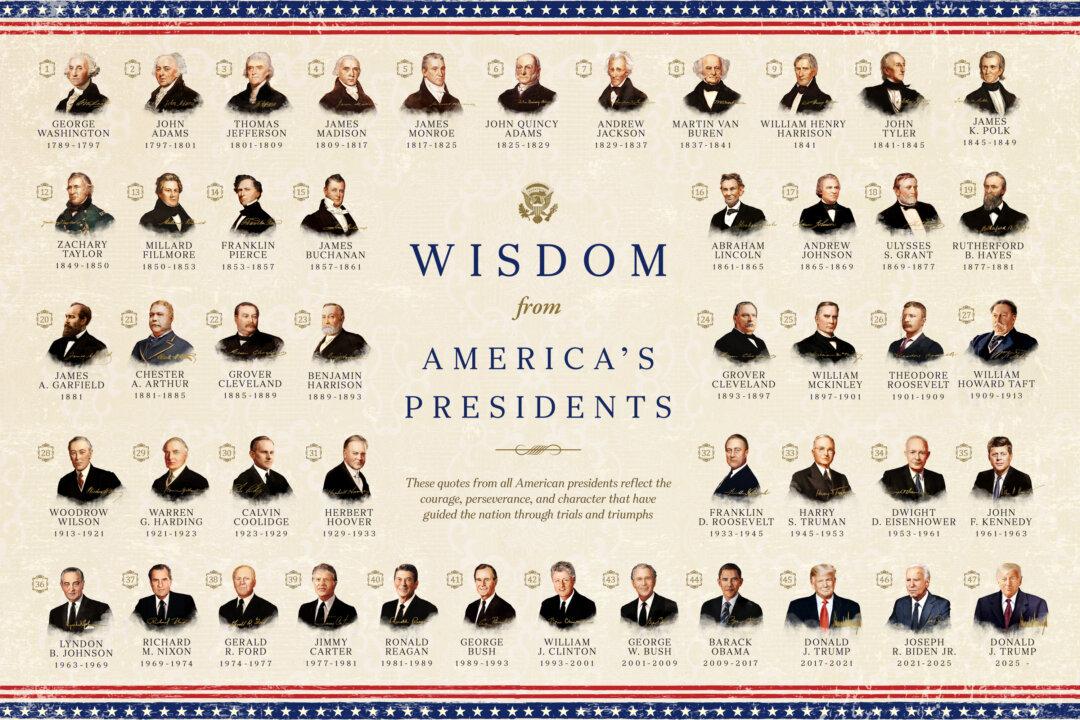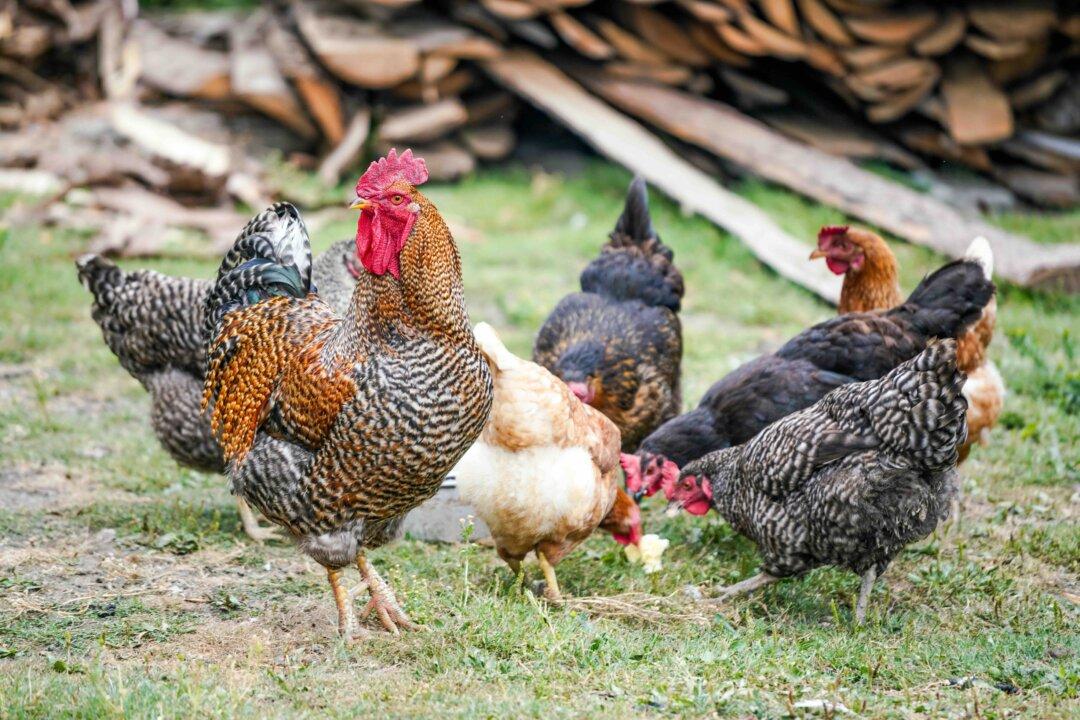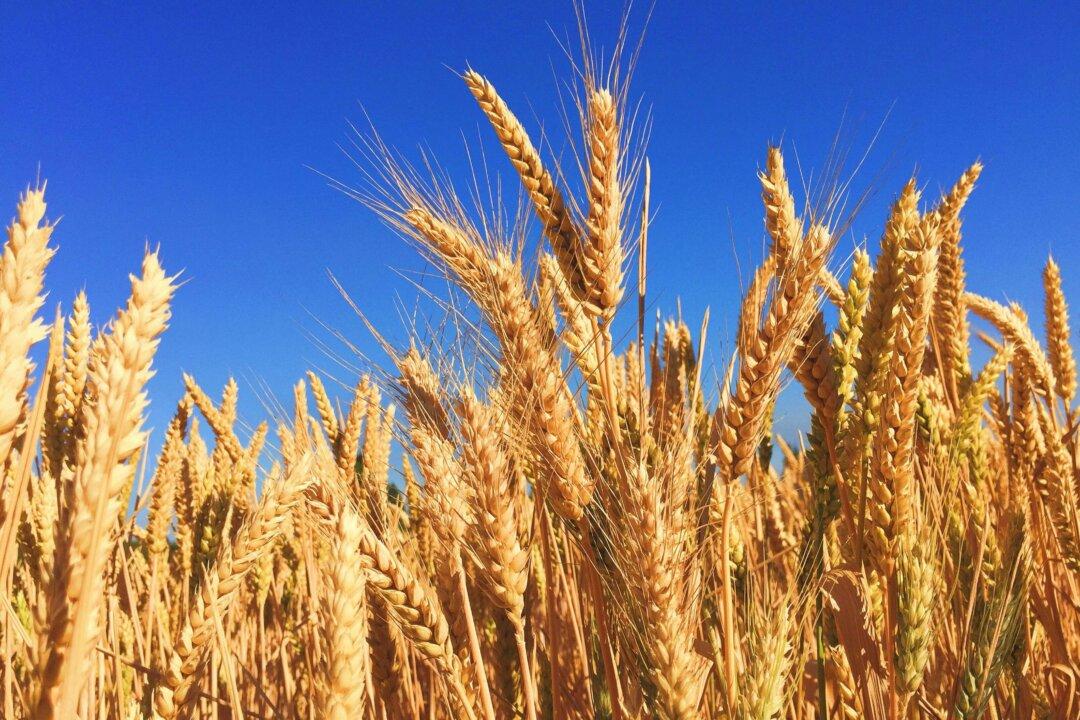Nature is beautiful. Yet within this beauty lies a harsh reality where survival often demands ferocity and sacrifice. Predators hunt with precision, prey fight desperately for their lives, and the cycle of life and death is constant and unyielding.
Among the photographs shortlisted for the Wildlife Photographer of the Year 2024, many are striking in their beauty while telling a harsh story of survival. Now, the choice of the year’s best is in the hands of the public, who can cast their votes for their favorite on the UK’s Natural History Museum website. Voting is now open and closes on Jan. 29, 2025, at 9 a.m. EST.





